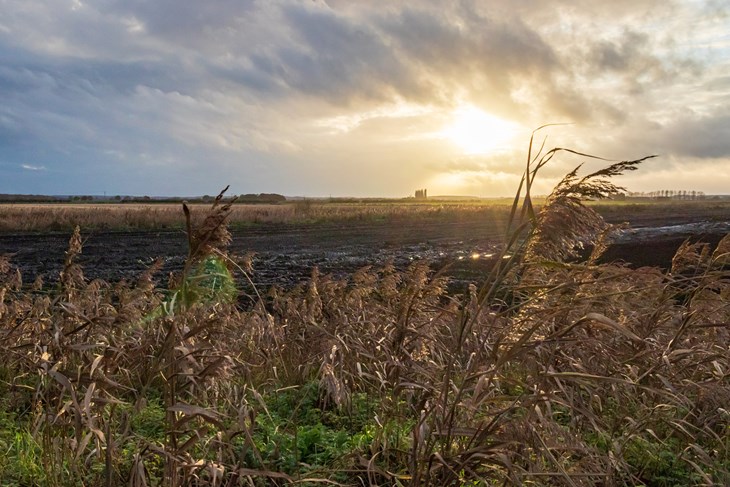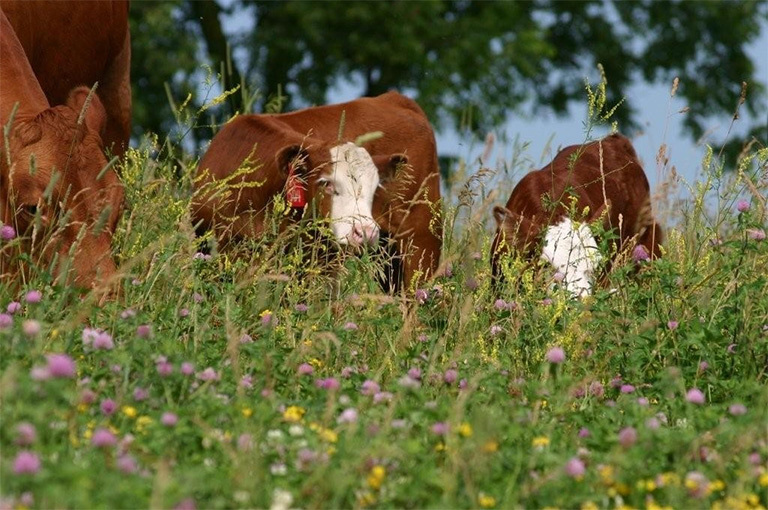
Significant and urgent changes to the way we treat our planet – including how we produce and consume food – are needed to avoid the worst possible outcomes of climate change, according to a new UN report.
It’s now or never
The Intergovernmental Panel on Climate Change (IPCC) report –
Climate Change 2022: Mitigation of Climate Change – warns that to stop global temperatures from rising out of control, ‘immediate and deep’ cuts to greenhouse gas (GHG) emissions are needed. The report co-chair, Jim Skea said:
“It’s now or never, if we want to limit global warming to 1.5C.”
A switch to plant-based diets is crucial
The report makes it clear that moving to mostly plant-based diets that are low in meat and dairy is one of the main ways people can help stop global warming. This is because plant-based diets produce much lower GHG emissions than meat-based diets and also help reduce the amount of land we use for farming and reduce pollution to the environment.
New Methods in Food Production Are Key
It also highlights how new food technologies, such as meat produced from animal cells in a lab, as well as plant-based alternatives, can substantially lower GHG emissions from food production. Compared with animal agriculture production, these technologies waste less land, water and nutrients and are far better for animal welfare.
In response to the report, our Chief Policy Advisor, Peter Stevenson said:
“The new report makes it clear that to avoid a climate catastrophe we must move to predominantly plant-based diets that are low in meat and dairy."
“This change would lead to less land being needed to produce food and it would decrease food-related disease and death. It would also reduce the risks of diseases transmitted from animals to humans, as well as reduce the risk of antibiotic resistance in humans, which comes from giving farm animals too many antibiotics when they are being raised for food.”
Learn more about the impacts of factory farming.
